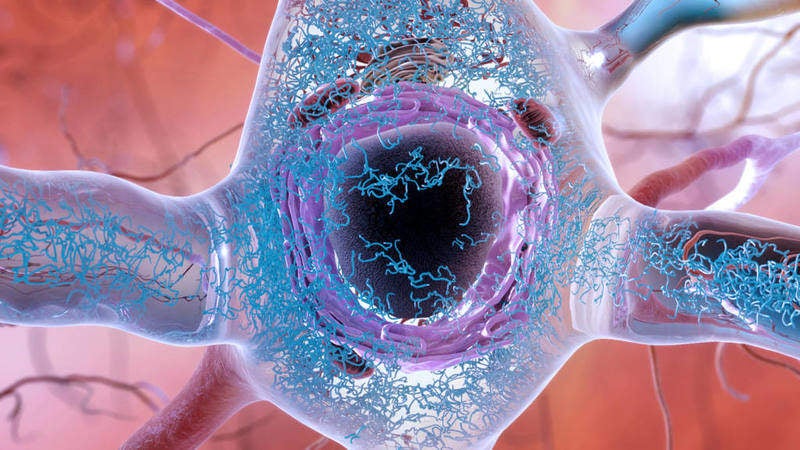
The NIHR University College London Hospitals (UCLH) Clinical Research Facility in the UK has initiated a clinical trial, DESPIAD, to assess a new treatment called miridesap for Alzheimer’s disease.
Said to target the progression of Alzheimer’s, miridesap is designed to remove a protein related to the disease from the brain and slows its development.

Discover B2B Marketing That Performs
Combine business intelligence and editorial excellence to reach engaged professionals across 36 leading media platforms.
The majority of the existing drugs remove or prevent the formation of abnormal protein deposits, which are known to lead to the decline in day-to-day memory and other mental functions.
The normal, non-fibrous protein serum amyloid P component (SAP) binds to these abnormal proteins in Alzheimer’s patients’ brains and prevents amyloid plaques from breaking down.
In the new trial, the researchers aim to evaluate if prevention of this binding can result in faster amyloid plaques breakdown and in turn delay the progression of the disease.
Miridesap has been formulated to remove SAP from the blood and prevent it from reaching the brain.

US Tariffs are shifting - will you react or anticipate?
Don’t let policy changes catch you off guard. Stay proactive with real-time data and expert analysis.
By GlobalDataUCLH in a statement said: “In order to target SAP and prevent its harmful effects, Professor Pepys, Director of the Wolfson Drug Discovery Unit at the Royal Free Campus of University College London, developed a drug, called miridesap, which removes SAP from the blood.
“Because SAP is not made in the brain, removing the protein from the blood with miridesap also removes all the SAP from the brain and from the amyloid deposits in the brain.”
Miridesap has been given for several years to patients with different diseases over the past 18 years, and did not cause any significant adverse effects.
The three-year DESPIAD trial will investigate the safety, tolerability and potential effectiveness of the drug in 100 patients with mild Alzheimer’s disease.
Miridesap will be administered for one year, and patients will be monitored for any brain structure and function changes.
The trial is sponsored by University College London and funded by the National Institute for Health Research, while GlaxoSmithKline (GSK) will provide manufacturing assistance.




